Not many people know this, but I grew up as the “poor kid” in my community. As both of my parents did not hold formal education that gave them access to higher-paid opportunities, my father provided for my family working hard labor jobs such as being a security guard, a port-a potty serviceman, and even a grave-digger and farmhand. He worked the worst jobs in society, risking his personal safety and sacrificing his physical body to take care of his family. Because childcare was too expensive, my mother stayed home with her three daughters unable to provide an income except for seasonal part-time relief.

Life was very challenging as we made around $24,000-$30,000 in a year for a family of five. We had some financial relief thanks to welfare programs like section-8 housing, food stamps, and Medicaid, but anything we wanted to purchase apart from basic needs was inaccessible. Including Christmas gifts.
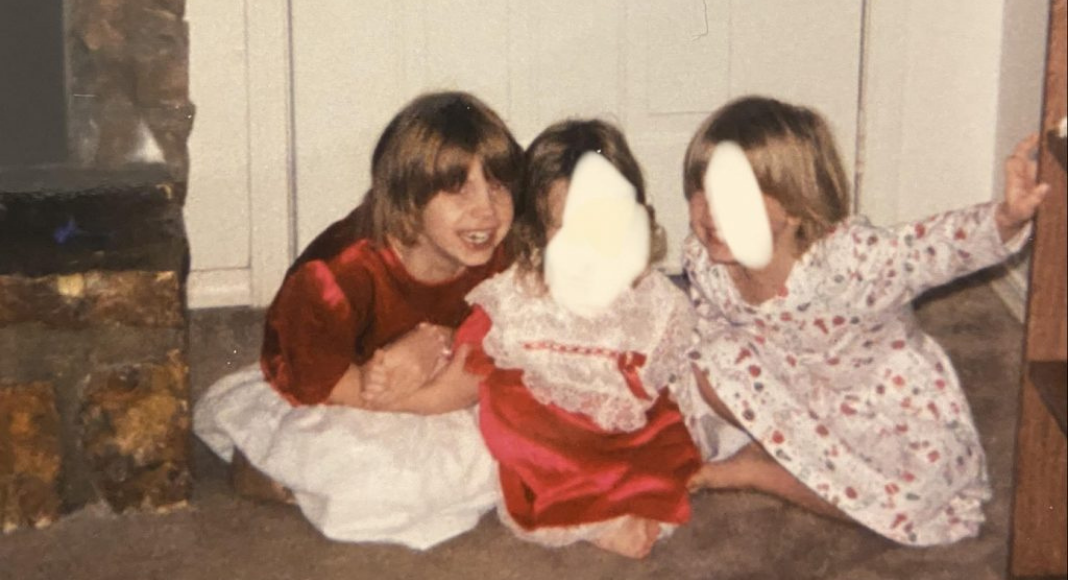 Christmas was a special time in my childhood home. My mom loved to decorate the house elaborately, decorate a Christmas tree, and her love language was giving gifts. My mother’s birthday is close to Christmas and many times my more well-off extended family would give her money for her birthday that she would then use to buy us Christmas presents! Talk about sacrifice!
Christmas was a special time in my childhood home. My mom loved to decorate the house elaborately, decorate a Christmas tree, and her love language was giving gifts. My mother’s birthday is close to Christmas and many times my more well-off extended family would give her money for her birthday that she would then use to buy us Christmas presents! Talk about sacrifice!
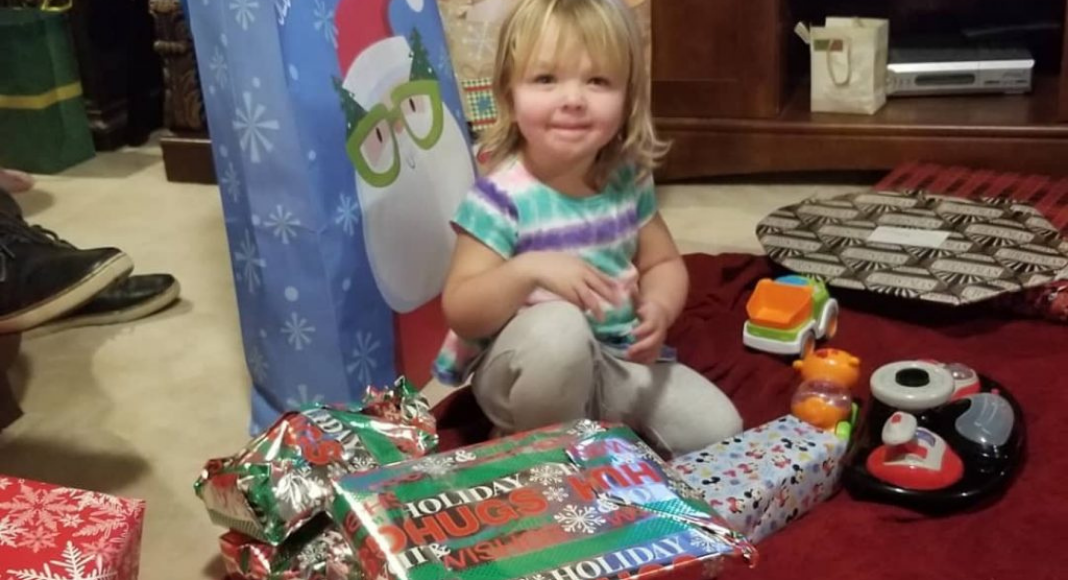
Most years, we would be chosen for gift programs like Angel Tree, become sponsored as a family for Christmas from my church, or a local company would sponsor my family.
Though I was really grateful, there were times that part of it felt…uncomfortable.
Sometimes when these generous individuals arrived with gifts, I would find myself feeling self-conscious about my poverty, slightly judged, and eager to please these strangers that would come into my home and watch as we children opened the gifts given to us. Eager eyes of the adults would feast as they watched us open all of these beautiful gifts, and my parents would quietly watch from the distance as their children opened gifts and praised these strangers for what they themselves could not provide for their children.
 Years later (thanks to the grace of Jesus, mentors that have poured into me, and the sacrifice of my parents), I am no longer in poverty and am a formally educated, first-generation middle-class mother to three wonderful children.
Years later (thanks to the grace of Jesus, mentors that have poured into me, and the sacrifice of my parents), I am no longer in poverty and am a formally educated, first-generation middle-class mother to three wonderful children.
 Until I had children myself, I never understood the deep desire to give good gifts to my children. I can’t imagine being in my parent’s shoes every year with the desire to bless my children, but not having the capacity to do it.
Until I had children myself, I never understood the deep desire to give good gifts to my children. I can’t imagine being in my parent’s shoes every year with the desire to bless my children, but not having the capacity to do it.
Among being a writer and business owner, I also give back to my community to assist other individuals like my family with achieving economic class mobility (helping people get out of poverty) and professionals who work with lower-income communities truly understand their consumers through a fresh initiative called Bridges for Prosperity Charleston.

One thing I teach in Bridges is how to maintain the dignity of those we are blessing or working with in our institutions, workplaces, churches, or families.
Below are tips for how you can apply this during the Christmas season!
- Sponsor a family, but stay anonymous so the children believe the gifts are from their parents. Don’t be present when they open their gifts unless invited.
As I recounted in my story, it can feel very embarrassing as a parent to watch your children open gifts by more affluent individuals because they are unable to provide for them. As I have sponsored families in my prosperity, I have never not known someone to be ungrateful, but I find myself tempted to want the glory that I am “saving the day” for these kids instead of respecting and honoring the fact that this is a very vulnerable experience for the family. Yes, I spent the money, but at the end of the day the gift experience is not about me, it’s about the children and supporting their family’s needs.
- Don’t assume you know what they want or need.
We have all done it. We think because our kids or even “the cool kids” like these types of clothes, toys, etc. that your sponsor child will like it too. And as someone who did envy the latest fashions, toys, and accessories that my more affluent peers had, that is typically not the case. Those in poverty have a much different culture and preferences of movies, clothing styles, and the like. If you have the ability, ask for a specific list and maybe even picture examples of what they like because you could very well be giving Abercrombie clothes to a kid obsessed with screamo music and wearing all black (I know because this happened to me!) Choice is a luxury in poverty.
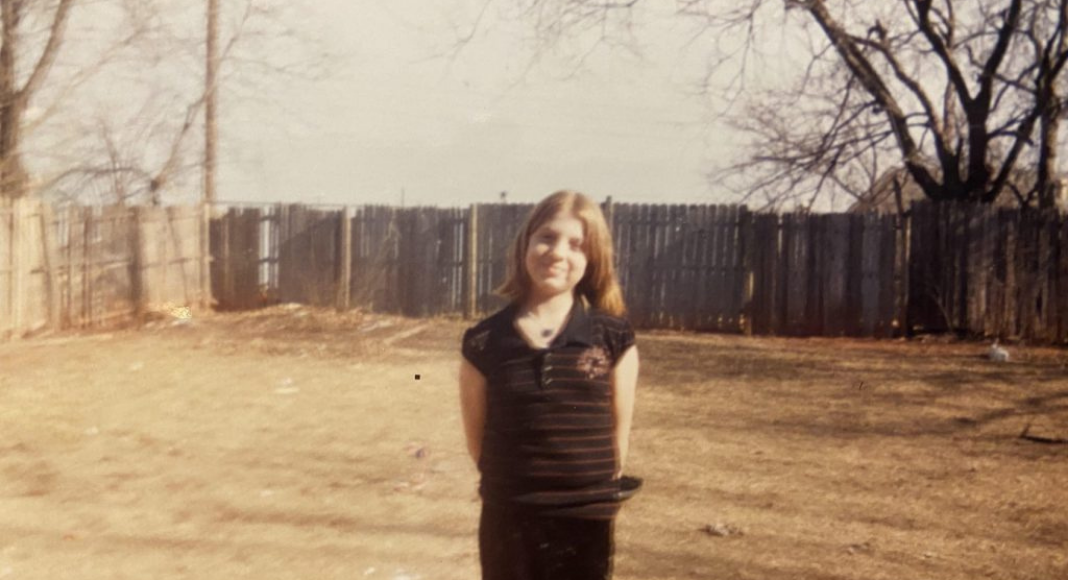 Give Experiences
Give Experiences
One thing I struggled with so much as a kid was being unable to go to special places like amusement parks, laser tag, paintball, build-a-bear, and the like. Really it was anywhere that cost more than $50 for my family to get in. We take for granted our indoor play places as resourced individuals. Giving the gift of feeling included can be such a huge deal for families and kids!
- Ask for the Parent’s Christmas Wish List
Unlike the stereotype you may have heard about poor people, parents aren’t just buying for themselves and then not having enough for their kids. More often than not, parents in poverty do without so their kids can have what they need. Many times, if they seem to have nice clothes, nails, and their hair done they have bartered for it by trading services like childcare or transportation. Parents are almost always the first to do without on Christmas and will be so touched that you asked them what they want for Christmas
Helpful Tip: Don’t buy gas or grocery gift cards unless asked for by the parents or in addition to something already on their list!
- Get to know the family personally without trying to fix them.
It can feel easier to disconnect emotionally from those you are giving to. But behind every Angel Tree name is a person. A person with feelings, a story, and worthy of a relationship. Growing up, I felt a hunger to be known by those in the middle class because if they were willing to talk with me and listen to me (apart from just trying to fix me or solve my problems), I felt accepted. Sometimes it can feel awkward talking to someone in poverty because it seems like they speak a different language! And that’s because they are! Compared to middle-class organized language, those in lower-income communities gain respect and popularity by how they tell stories and who has the most dramatic story about a specific situation (that’s how I became such a good writer!)
Helpful Tip: Stay away from asking what they do for a living. Most see their job as an unfulfilling way to survive vs. an identity to have a conversation about.
You may be thinking, Why should I change anything I am doing when I give to the poor? They should just be grateful I’m giving to them in the first place! Beggars can’t be choosers.
This is a common phrase I have come across while working in the community as I advocate for the understanding of those who live in poverty. For those with the ability to give, their gift feels disrespected when I suggest ways to make their gift more impactful. Some have even given the reasoning that there are poor people “deserving” and “undeserving” of their generosity that all hangs on one fact…if they appear to work hard and make the right choices. In response, I can say from my personal experience growing up in underserved communities laziness is not the norm in poverty because survival requires working harder than your body and resources can keep up with. The stereotype of poor people riding the system is but a stereotype and the exception – not the rule – for impoverished families.
If we really want our Christmas generosity to have the greatest impact on those we hope to help, our generosity must be partnered with a community where the poor’s dignity and worth are supported and mutual respect is present. This will create opportunities that will truly create lasting change.
Let’s give the gift of dignity this Christmas!
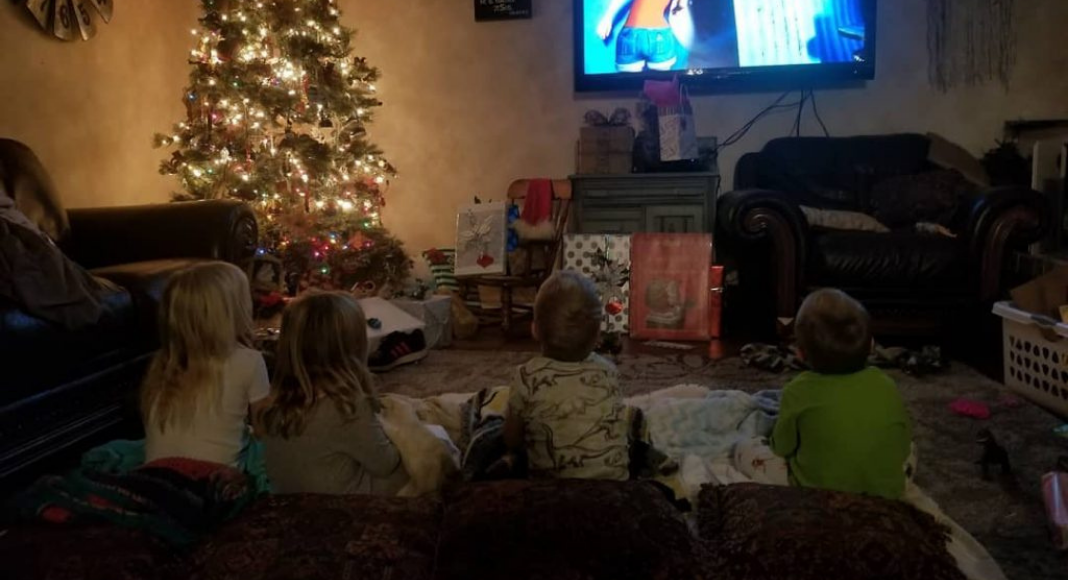 If you would like to support an under-resourced family in your community during Christmas, check out the opportunities below!
If you would like to support an under-resourced family in your community during Christmas, check out the opportunities below!
Charleston Salvation Army Angel Tree
Donate to other Salvation Army Christmas Initiatives
If you are in need this Christmas, check out the resources below:








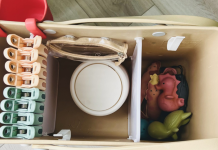





Wow! This is spot on and so well said. If anyone is interested in understanding more about the topic of addressing poverty in a way that honors the person you’re helping, “When Helping Hurts” is an excellent read.
Comments are closed.